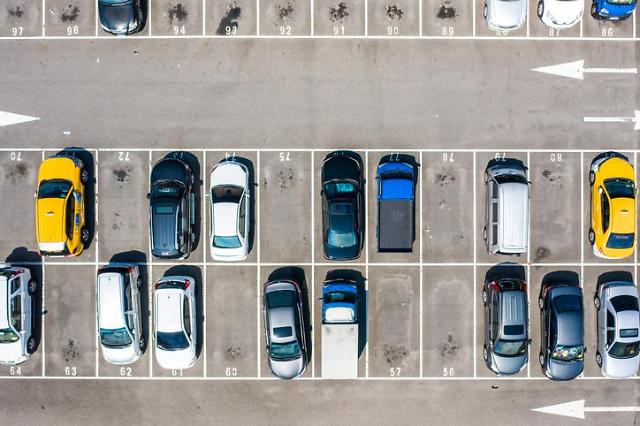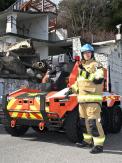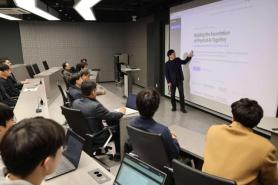
[Gettyimages Bank]
Under a business agreement with Incheon airport operators, Hyundai Glovis, the logistics wing of South Korea's Hyundai auto group, is in charge of technical verification and pilot operation. Based on the results of a pilot operation in 2021, the airport will determine when and how the parking service will start.
"We have laid the foundation for providing differentiated parking services and improving the efficiency of parking spaces," said Incheon International Airport Corp. CEO Koo Bon-hwan. "We will explore a new paradigm of transportation cooperation and leap forward into a future airport."
The Incheon airport has polished its reputation as a smart and connected airport since it opened the second terminal furnished with artworks, guiding robots, digital screens and other modern facilities for quick safety clearance in January 2018. The first terminal had been rated the world's best, cleanest, and best international transit airport for 12 consecutive years.
The second terminal already features automated machines that speed up check-ins and boarding. Security check procedures were simplified with super-high frequency scanners minimizing human intervention. However, the airport has embarked on the expansion of facilities and infrastructure to provide customized services that utilize big data, virtual reality and other new technologies.
Robots will significantly reduce the time spent on parking. LG Uplus (LGU+), a mobile carrier in South Korea, partnered with Hyundai Movex, an automated logistics company, and others to develop a 5G-based autonomous valet parking robot that would prevent accidents and ease congestion in crowded parking areas.
According to a 2017 survey conducted by Reports and Data, a global market research company, more than half of people going to airports in the Netherlands preferred to have their cars carried by valet robots.
Copyright ⓒ Aju Press All rights reserved.




